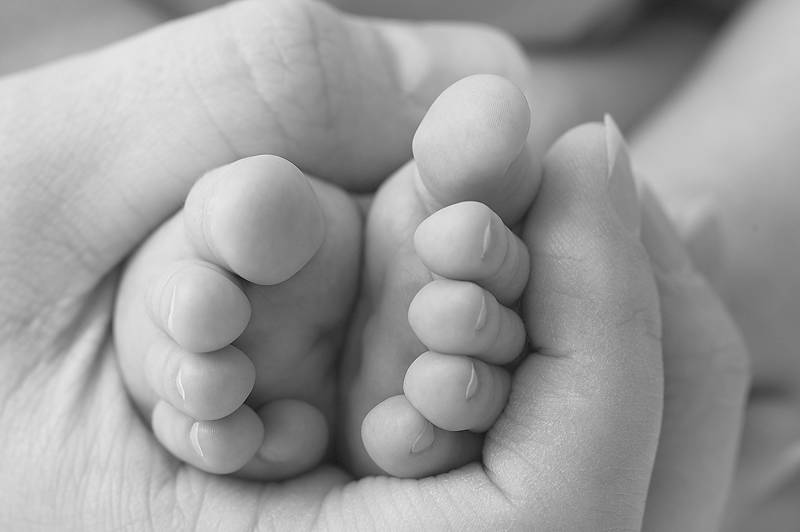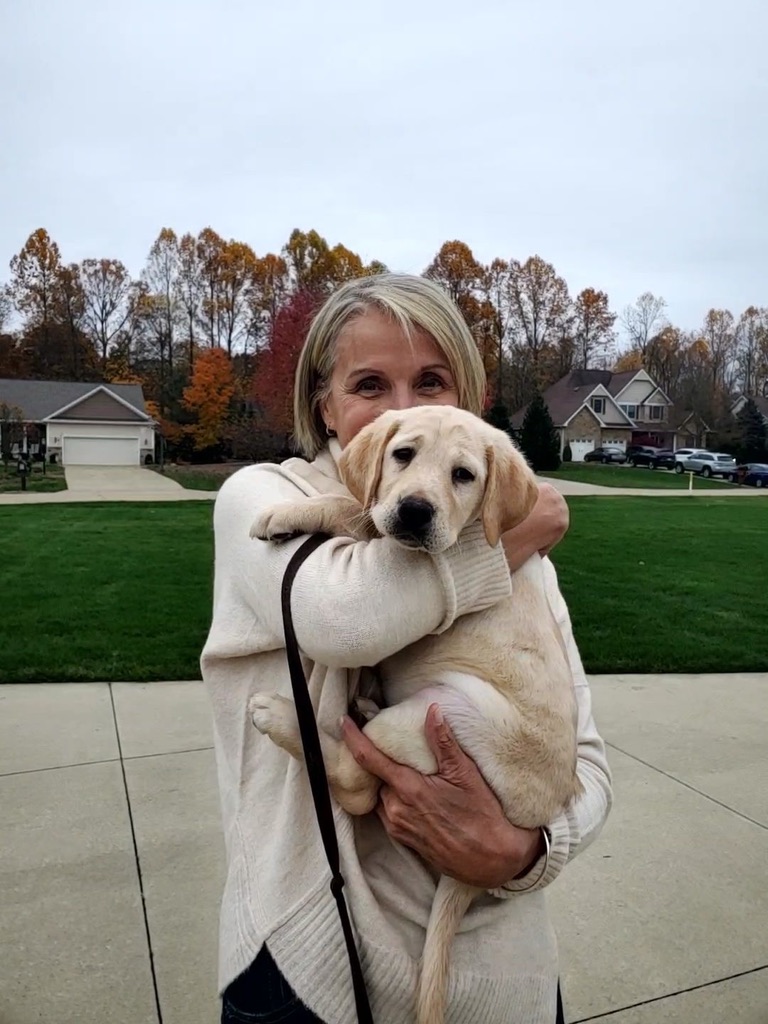I love this article by Lisa Damour, a psychologist in our own backyard! Follow the link to be able to discover more about her practice and who she is!
http://parenting.blogs.nytimes.com/2013/07/07/dont-make-your-childre-the-exception-to-every-rule/
July 7, 2013: Don’t Make Your Children the Exception to Every Rule
By LISA DAMOUR
While teaching at a Midwestern university about 15 years ago, I came across a clear case of plagiarism in a student paper. I invited the young woman who had turned in the paper to meet with me to discuss the university’s policies on plagiarism and my concerns about her work. The meeting was pleasant enough until I turned my attention to her paper. She promptly soured, grabbed her bag, left my office and could hardly have been out of the building before my desk phone rang. It was her father, calling from New York, threatening legal action. This story is distasteful from a number of obvious standpoints: the student’s refusal to acknowledge wrongdoing, the father’s blind defense of his daughter’s “innocence” and the reflexive effort to abuse power and privilege to avoid fair consequences. There is also something deeper here that unsettles me as a psychologist focused on parenting and as a parent myself. In rushing to the rescue, the father was most likely undermining what he was aiming to protect: his daughter’s future well-being. Research on well-being – the outcome closest to happiness that psychologists will promise – centers on three core factors: health, relationships and a sense of mastery in one’s chosen pursuits. In other words, “happy” adults enjoy good emotional and physical health, have relationships that make their lives better (not worse), and have a sense of competence and control in their endeavors. When we look at the research on the childhood precursors of adult well-being – the traits we see in children who go on to become happy adults – we find that the driving factor is childhood conscientiousness, not childhood happiness. Children who are industrious, orderly and have good self-control are more likely than their careless or undisciplined peers to grow into happy adults. Like the father on the other end of the phone, none of us want our children to be unhappy, and we all hope our children will grow to be adults who enjoy an abundance of well-being. It turns out that adult happiness doesn’t arise from parents bending the rules to a child’s advantage; it comes from children learning the rules and conforming to them. As with many findings in academic psychology, the connection between childhood conscientiousness and adult well-being simply proves common sense. Conscientious people enjoy better health as adults because they chose long-term payoffs over short-term gratifications. Most conscientious people would prefer a cheeseburger to a trip to the gym, but they know that – genetic factors aside – heart disease doesn’t care who your parents are. In their relationships, conscientious people are unlikely to lie and cheat or, presumably, put up with that behavior in their friends and lovers. When it comes to having a feeling of mastery in one’s endeavors – whether one chooses to be a homemaker or a homebuilder – conscientious people come out ahead because they do good work even when no one is looking. Of course, people who hold economic and social power enjoy more opportunities than most to operate around the rules: to bully coaches into a lineup change, to buy their way into a school, to help secure an undeserved job. But “exceptionalism” – my term for the belief that rules or conventions are to be observed only when convenient – is not limited strictly to the wealthy or influential. All parents share the instinct to protect their children, and a subset of parents in every tax bracket can be found exercising any leverage they have to have exceptions made on behalf of their children. We all know irresponsible or dishonest people who have ridden favors, exceptions and connections into adulthoods that seem to be pretty happy. Yet we often suspect that their joys are fleeting or superficial when compared to the contentment of adults who have earned their way, like trust funders who party away their 20s only to become depressed at 40 when they realize they will never share the professional pride of their agemates who are now reaping the rewards of two decades of early-career grunt work. Raising conscientious children is definitely not the most fun part of parenting. If it were, we as parents would not struggle so universally to follow through on consequences, monitor chores and insist that children spend more time reading and less time playing Temple Run. As a parent, every time I dish out a “helpful reminder” (that would be what I call nagging), I am grateful for research linking childhood conscientiousness with adult well-being. My children may call it annoying, but I consider it a down payment on their future happiness. Lisa Damour (Twitter: @LDamour) is a psychologist in private practice in Shaker Heights, Ohio, a clinical instructor at Case Western Reserve University, and the director of the Center for Research on Girls at Laurel School.





Leave A Comment
You must be logged in to post a comment.